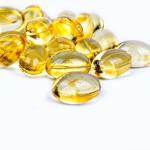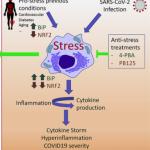In any normal year, an academic debate about the efficacy of a certain drug to treat an infection would never garner media attention. But this isn't a normal year.
COVID-19
Let's be honest. As we approach late autumn and then winter in the northern hemisphere, nobody knows what's going to happen. We may see another surge in coronavirus cases, or we may not.
(1) More nasty vaccine side effects have been reported. Last month, the British pharmaceutical firm AstraZeneca, which is working in collaboration with the University of Oxford, temporarily suspended a clinical trial for its coron
The New York Times published the results of a national survey of face-mask utilization in July 2020.
People are generally poor at evaluating relative risk. They will drive long distances – something that is certainly relevant now – rather than fly, even though the risk of a fatal auto accident is much greater than that of a plane crash.
It was a simple study design. Retrospective and observational, in today's science, a fishing trip for correlation by computer.
After the coronavirus crept out of China earlier this year, Europe became the epicenter of the pandemic. In response, nations across the continent implemented fairly harsh lockdowns.
Several months ago, I wrote an article about how UK health authorities have more guts than their U.S. counterparts.
Doctors and scientists are throwing every conceivable size, shape, and color of the kitchen sink at COVID (as well they should) but there is little to show for it so far.
Animals carry all sorts of bacteria and viruses, even the nice, domesticated ones like dogs and cows. That's why we pasteurize animal products such as milk and cheese and encourage people to avoid raw food.












